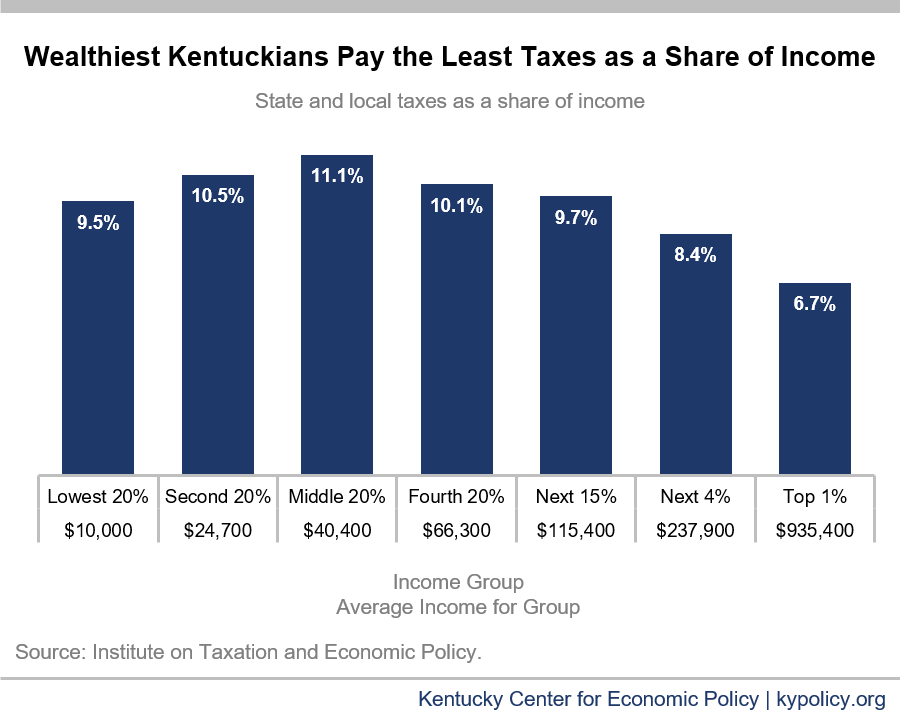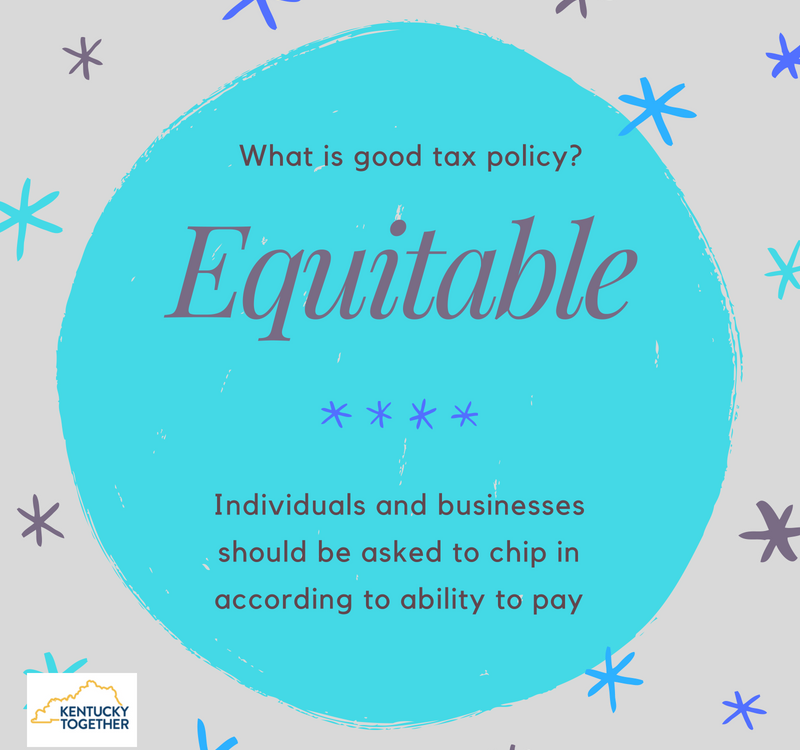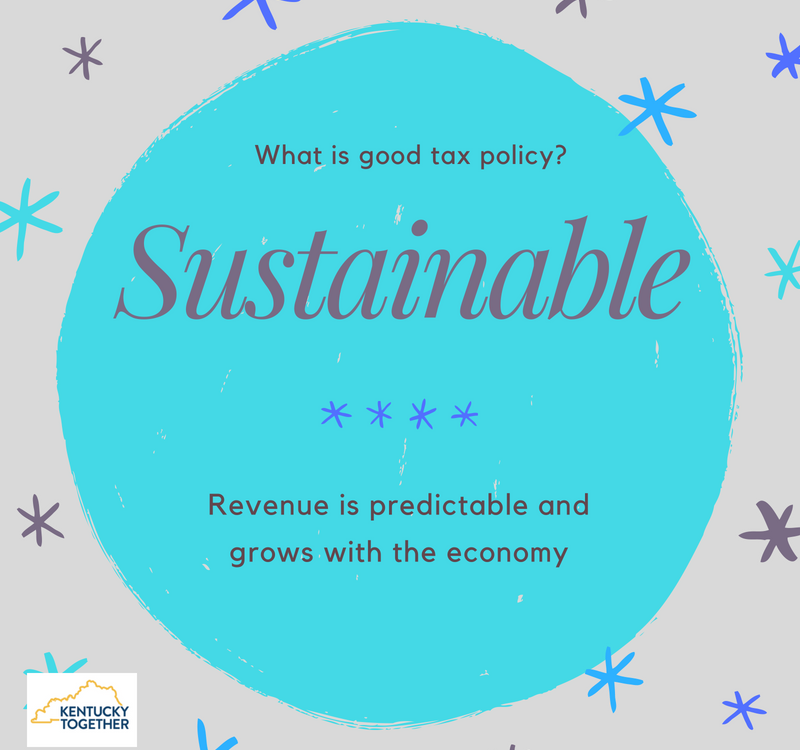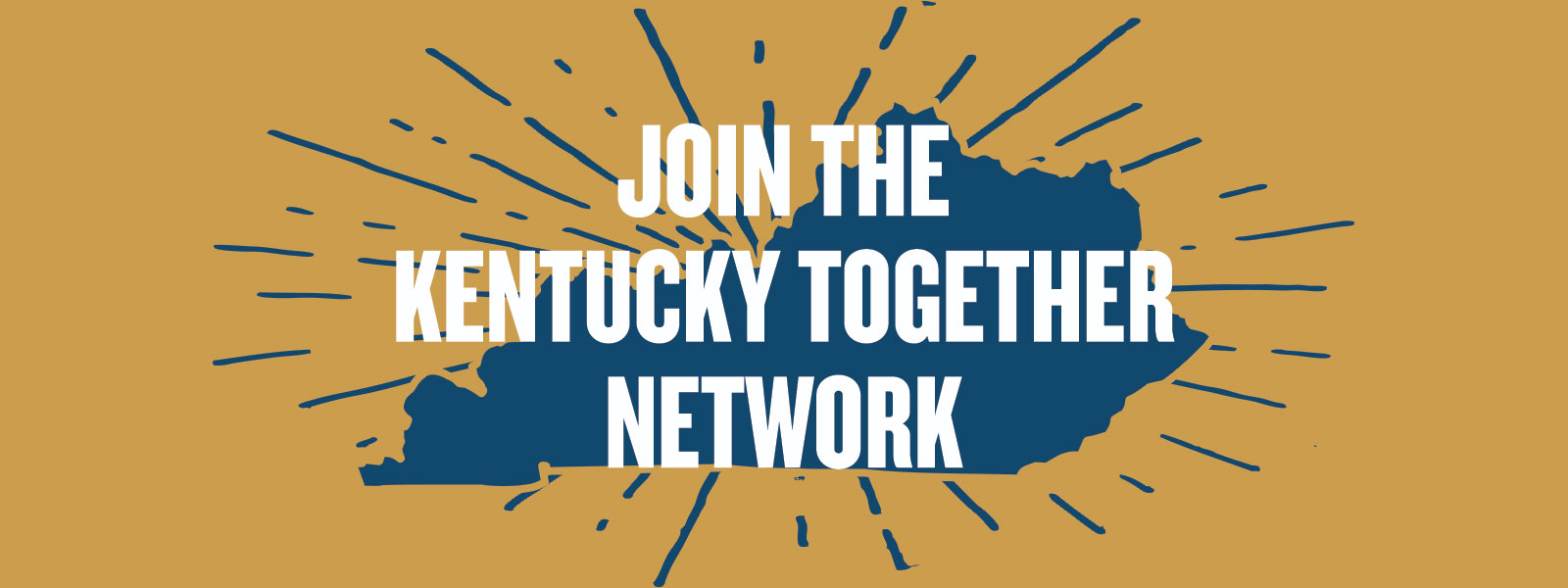Opinion: How We Spend Reflects Who We Are

Q and A: Why Child Care Assistance Reimbursement Rates Need to Increase
October 5, 2016Q and A: Why Conservation is Important to Thriving Communities
November 18, 2016Opinion: How We Spend Reflects Who We Are
by Rev. Dr. Peggy C. Hinds
Faith communities across the Commonwealth are preparing for their annual stewardship campaigns – a time when individuals and families prayerfully reflect on what we have been given, what we have to give, and how we can use it to support wholeness, joy and abundance among our neighbors and in our communities.
Along with the budgetary commitments that come out of stewardship campaigns, the inner work that gets done bears fruit. We become more aware of and grateful for what we have, more generous and responsive to each other, and more capable of working together toward a common vision.
Of course these fruits do not belong to faith communities alone. Stewardship is a central concept in our public life, too. As Kentuckians, we have the responsibility and privilege of looking more deeply at our state budget as a reflection of who we are, what kind of state we want to live in and what we are doing to get there.
Though Kentucky legislators are not currently negotiating a budget nor heading toward a budget session of the General Assembly, the Budget of the Commonwealth is a living document – daily reflecting our priorities and commitments as the people of Kentucky, impacting real people in real time across our state – and we should examine it as such.
What do we learn when we look more closely at our budget – at how we are spending what we have?
- We spend more each year on tax breaks – a huge share of them going to those at the very top – than we spend through the budget on education, health, public safety, programs for elderly and disabled Kentuckians and other budget areas combined.
- Our investments in K-12 education are still 12 percent behind what they were before the Great Recession, once you account for inflation, and disparities between districts are growing.
- Investments in higher education have declined by over 30 percent since then, making college less affordable and eroding important programs including supports for degree completion.
- Kentuckians trying to manage disabilities, mental illness and addiction cannot access the underfunded services they need.
- We are falling short on our commitment to our teachers, social workers, officers and other public servants, not only by underfunding the pensions they have earned, but by failing to compensate them well for their important work.






